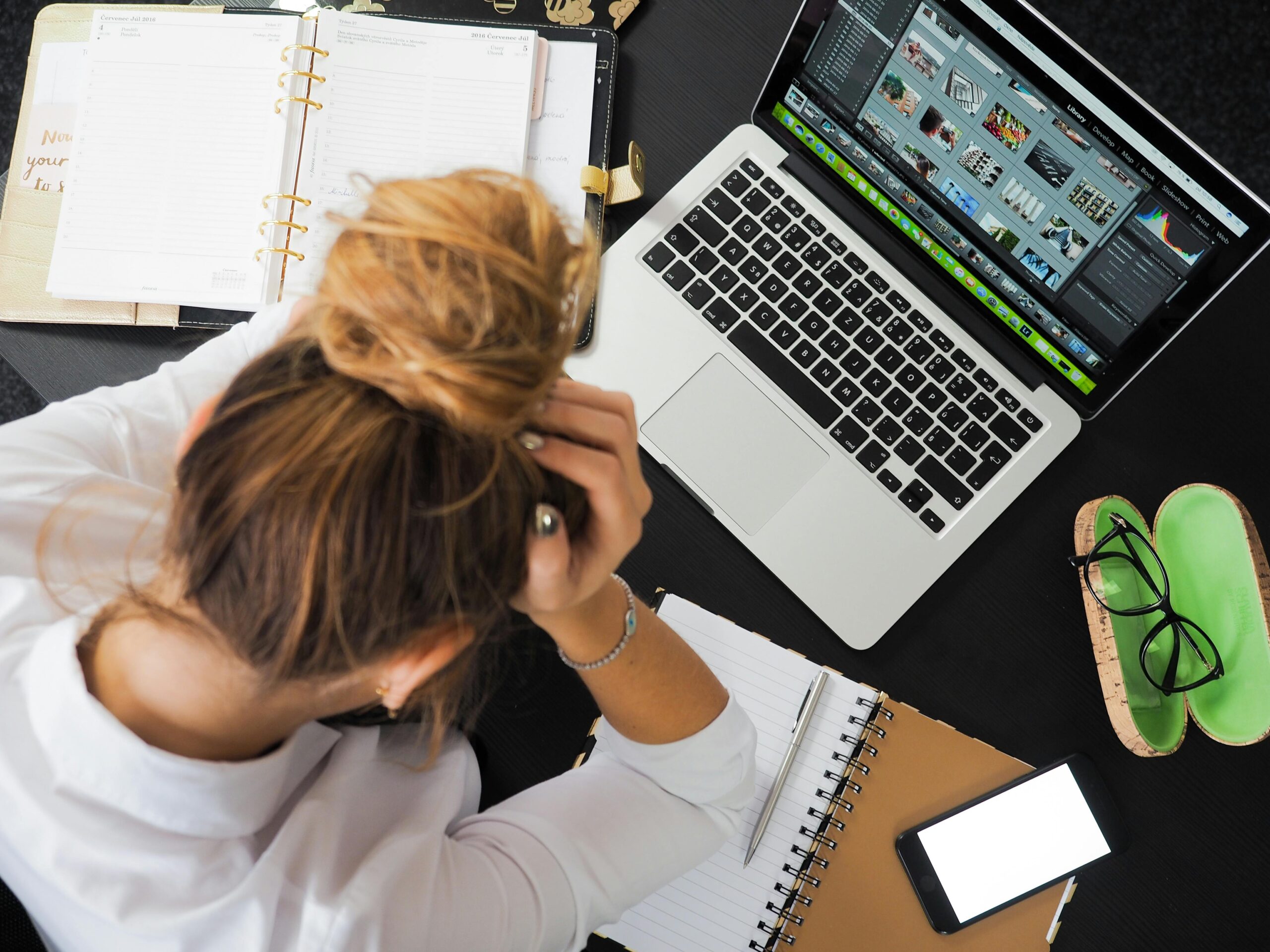Is Anxiety 100% Curable?
Anxiety, that unwelcome companion that can sneak up on you during a quiet moment or rear its head at the most inconvenient times, is something many of us experience. But when it comes to the question of whether anxiety is 100% curable, the conversation gets a bit more complicated. Let’s explore this topic together, peeling back the layers of what anxiety is, why it affects us, and whether we can truly wave goodbye to it for good.
Understanding Anxiety: The Basics
First, let’s get a grip on what anxiety really is. At its core, anxiety is a natural response to stress. It’s that butterfly-in-your-stomach feeling before a big presentation or the racing heartbeat when you spot a spider. It’s your body’s alarm system, priming you to react to perceived threats. But for some, this alarm system can go haywire, leading to anxiety disorders that interfere with daily life.
According to the Anxiety and Depression Association of America, anxiety disorders are among the most common mental health conditions in the U.S., affecting around 40 million adults. That’s nearly 20% of the population! So, if you’re feeling anxious, you’re certainly not alone.
The Good, the Bad, and the Manageable
Now, let’s tackle the big question: Is anxiety curable? The short answer? It depends. Anxiety can often be managed effectively, and many people find relief through various treatments, but the notion of a complete cure is complex.
1. The Role of Therapy
Therapeutic approaches, like cognitive-behavioral therapy (CBT), have shown significant success in helping individuals understand and reframe their anxious thoughts. Imagine sitting with a trained professional who helps you unpack your fears—like a suitcase stuffed with too many clothes you never wear. With the right guidance, you can learn to identify triggers and develop coping strategies. Many individuals report feeling a lot better after therapy, but it’s not a one-size-fits-all solution.
2. Medication: A Double-Edged Sword
For some, medication may be a helpful tool in managing anxiety. Antidepressants and anti-anxiety medications can help recalibrate the brain’s chemistry, allowing for a calmer state of mind. However, this isn’t a magic pill. Medications can come with side effects, and not everyone responds to them the same way. Plus, they often need to be taken continuously to maintain their effectiveness. It’s a bit like watering a plant—skip a few days, and that plant might not look so lively anymore.
3. Lifestyle Changes: Your Daily Armor
But here’s the kicker: managing anxiety often requires a holistic approach. Lifestyle changes can play a crucial role. Regular exercise, a balanced diet, sufficient sleep, and mindfulness practices can significantly reduce anxiety levels. Think of it as building a fortress of calm around your mind. When you’re feeling good physically, it can be easier to tackle those mental hurdles. Yoga, meditation, and even a good laugh can work wonders.
Can You Ever Be Anxiety-Free?
Now, let’s dive deeper into the idea of being anxiety-free. Many experts argue that while anxiety can be managed, it may not completely disappear. Life is full of stressors, and it’s natural for anxiety to ebb and flow. The goal isn’t necessarily to eliminate anxiety entirely but to learn to navigate it more skillfully.
Some people do experience a significant reduction in symptoms over time, especially with sustained effort in therapy and lifestyle adjustments. Others may find that their anxiety shifts in nature—what once triggered a panic attack might only cause mild discomfort after some time. It’s like upgrading from a clunky old flip phone to a sleek smartphone; you may still have the same device (anxiety), but it works so much better now!
Finding Your Path
The journey to understanding and managing anxiety is deeply personal. What works for one person may not work for another, and that’s perfectly okay. It’s essential to explore different options and find what resonates with you. Whether you’re diving into therapy, considering medication, or simply trying to add a bit more yoga into your life, remember to be patient with yourself.
Many individuals find that sharing their experiences with others—whether through support groups, friends, or online communities—can also be incredibly healing. Sometimes, just knowing that someone else feels the same way can make a world of difference. Plus, it’s always comforting to swap stories about those awkward moments when anxiety strikes!
Seeking Professional Help
If you’re feeling overwhelmed by anxiety, seeking professional help is a crucial step. Therapists, counselors, and medical professionals can offer tailored support that suits your specific needs. It might feel daunting at first, but think of it as hiring a tour guide for a treacherous mountain hike—having someone who knows the terrain can make all the difference.
In the end, while anxiety may not be completely curable for everyone, it is certainly manageable. With the right tools, support, and a little bit of humor, you can reclaim your peace of mind and navigate life’s ups and downs with confidence. So, take a deep breath, and remember: you’ve got this!

